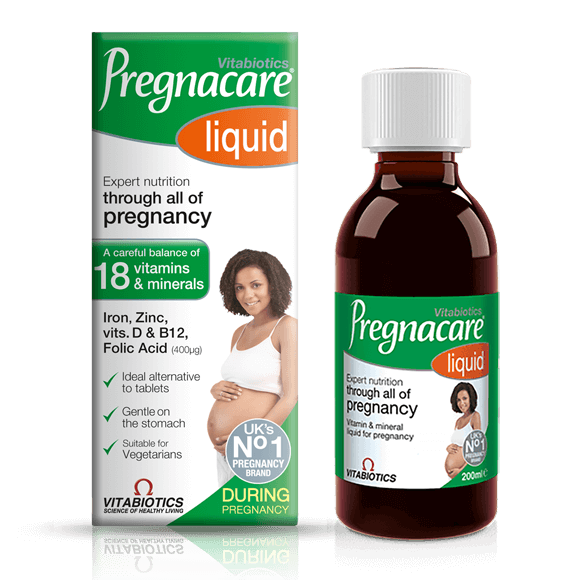Although you may associate it primarily with pregnancy, folic acid has benefits for men as well as pregnant women and non pregnant women. Folic acid is the synthetic version of vitamin B9, which goes by the name of folate. There are several foods that provide folic acid, including legumes, fortified cereals, leafy greens and Brussels sprouts, however a folic acid supplement can be a useful way to help safeguard your intake.
But what does folic acid do for men and women? And, do you need folic acid vitamins? We’ve rounded up the information you need on this essential nutrient.
What does folic acid do for women?
Folic acid for women supports normal blood formation and cell division, and is also known for helping to reduce tiredness and fatigue.
Folic acid is also needed during pregnancy. The UK Department of Health recommends that women planning for a baby should take a supplement containing 400µg of folic acid every day before you are pregnant (the beneficial effect is for at least one month before) up to the twelfth week of pregnancy. Supplemental folic acid intake increases maternal folate status. Low maternal folate status is a risk factor in the development of neural tube defects in the developing foetus. Folic acid also contributes to maternal tissue growth during pregnancy.
Folic acid benefits for women
Folic acid has a wide range of benefits for women, including:
- Contributing to maternal tissue growth during pregnancy
- Contributing to normal psychological function
- Helping to reduce tiredness and fatigue
- Contributing to the normal function of the immune system
Folic acid for pregnant vs non-pregnant women
Both pregnant and non-pregnant women can benefit from folic acid, with the main difference being the amount required per day. The NHS recommends a daily intake of 200 micrograms of folic acid for non-pregnant women. This recommendation increases to 400 micrograms per day for any women who are trying to get pregnant,from before conception, through to the first 12 weeks of pregnancy. Folic acid is also beneficial beyond twelve weeks as it contributes to maternal tissue growth during pregnancy.
Even if a pregnant woman eats foods high in folate, such as the ones mentioned above, taking a folic acid supplement is still advised. As there are a number of other important nutrients to support you for a healthy pregnancy, a comprehensive pregnancy vitamin, that includes the recommended levels of folic acid, can be a convenient choice







